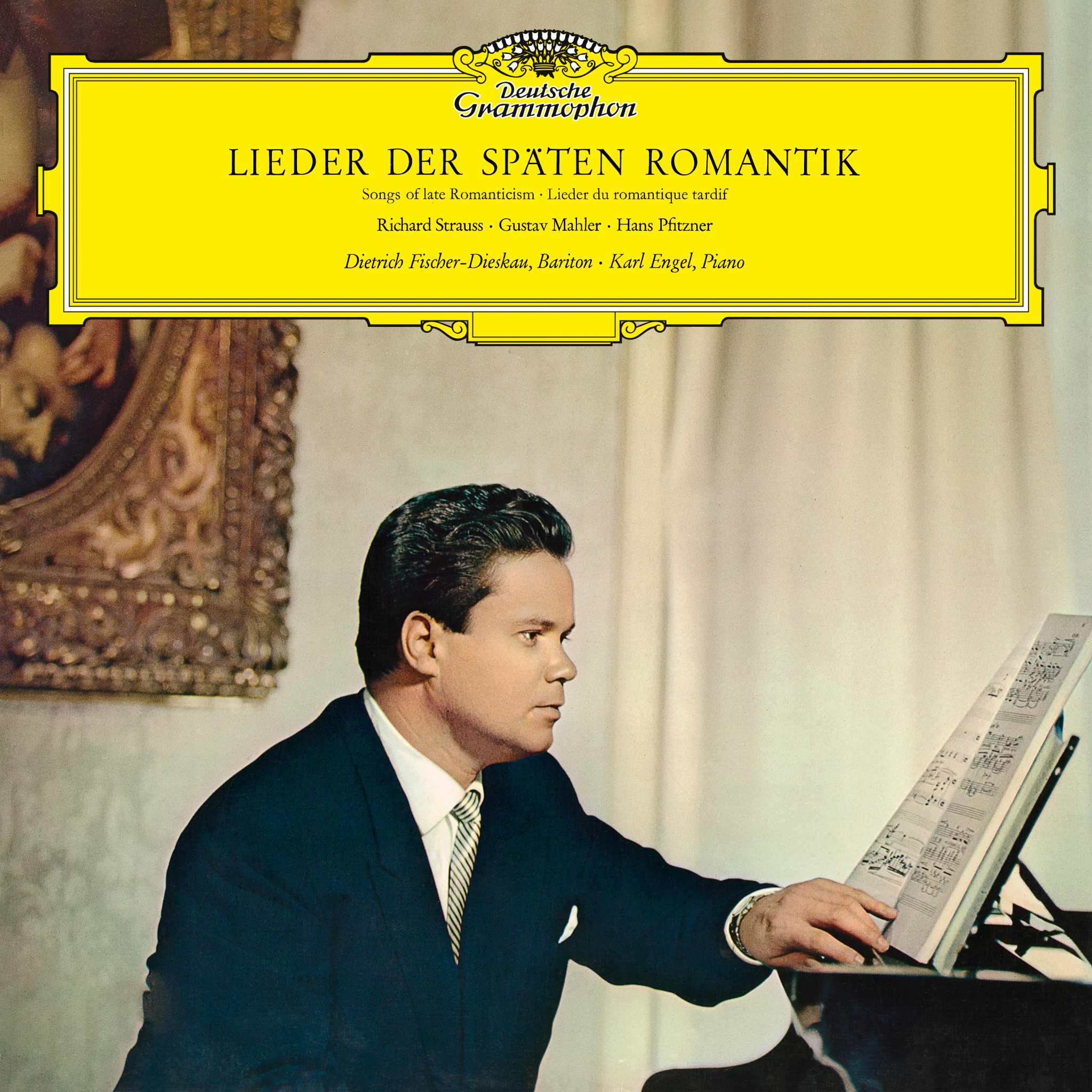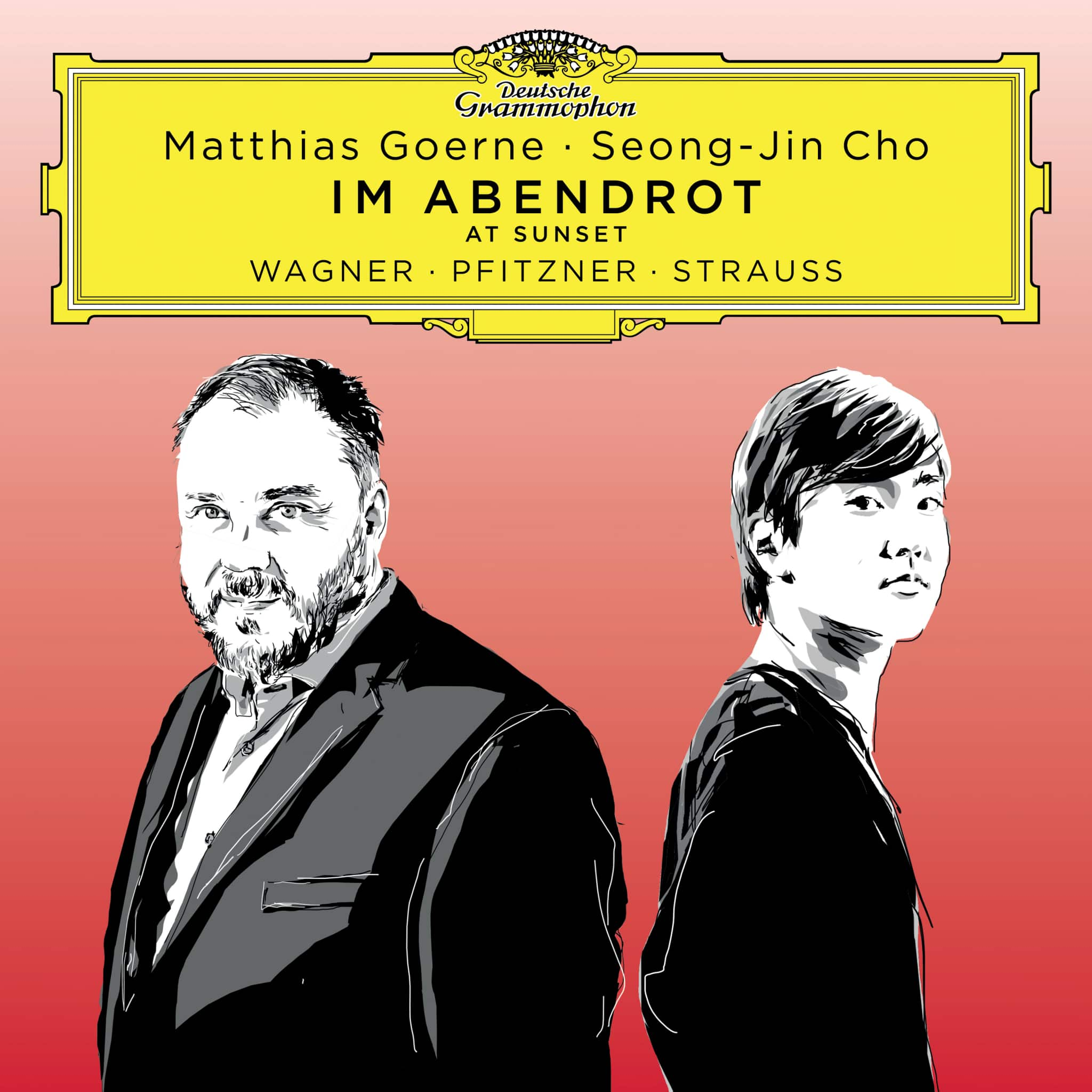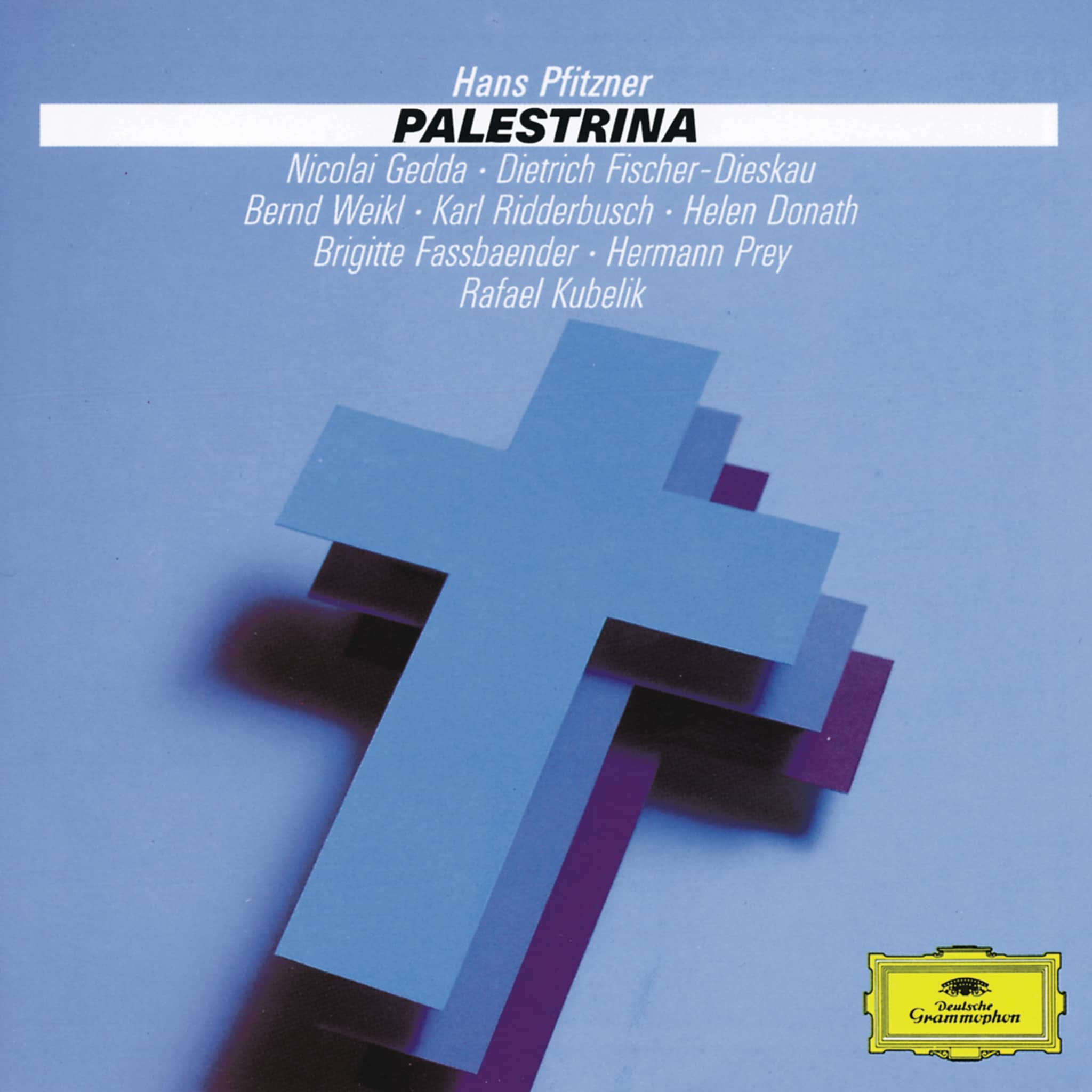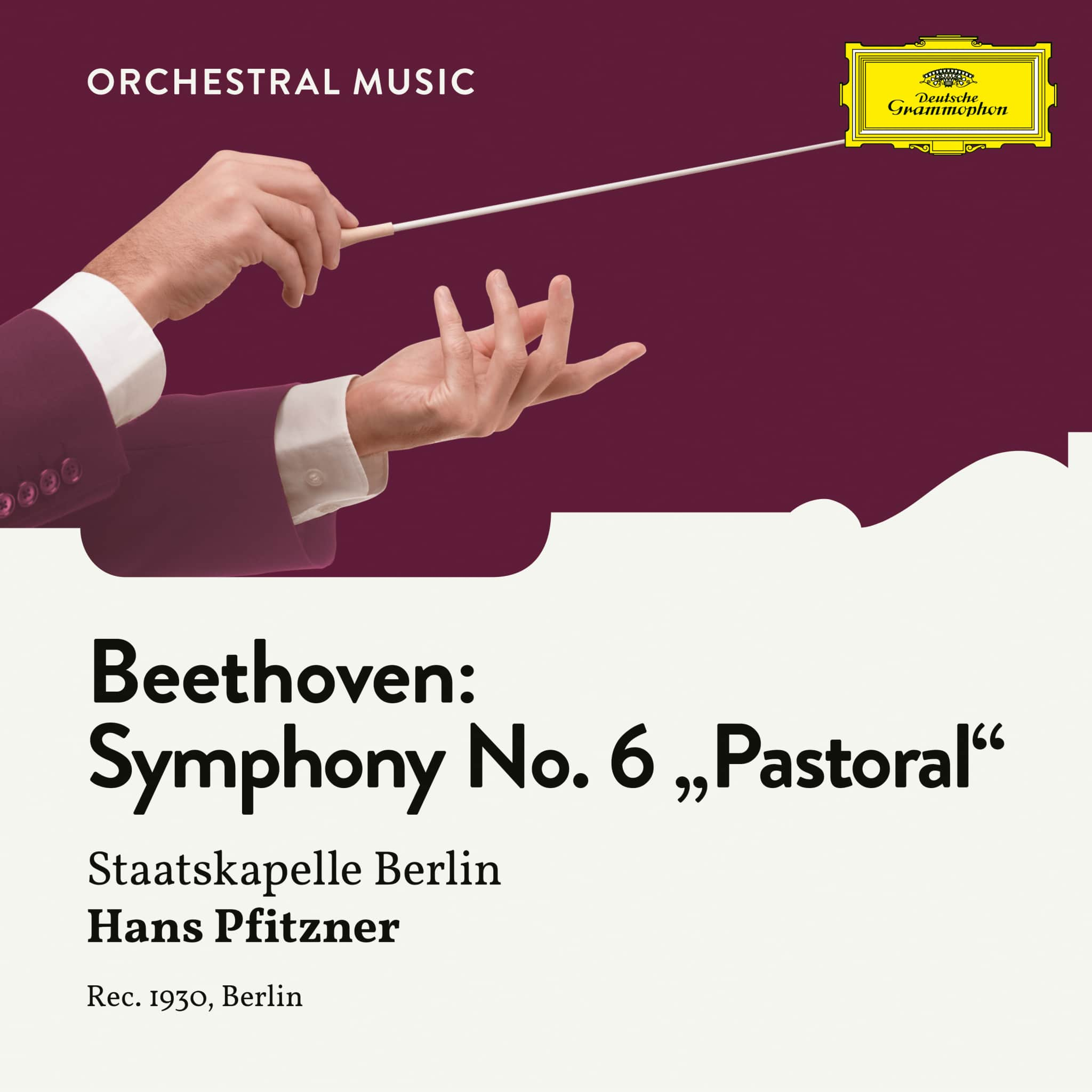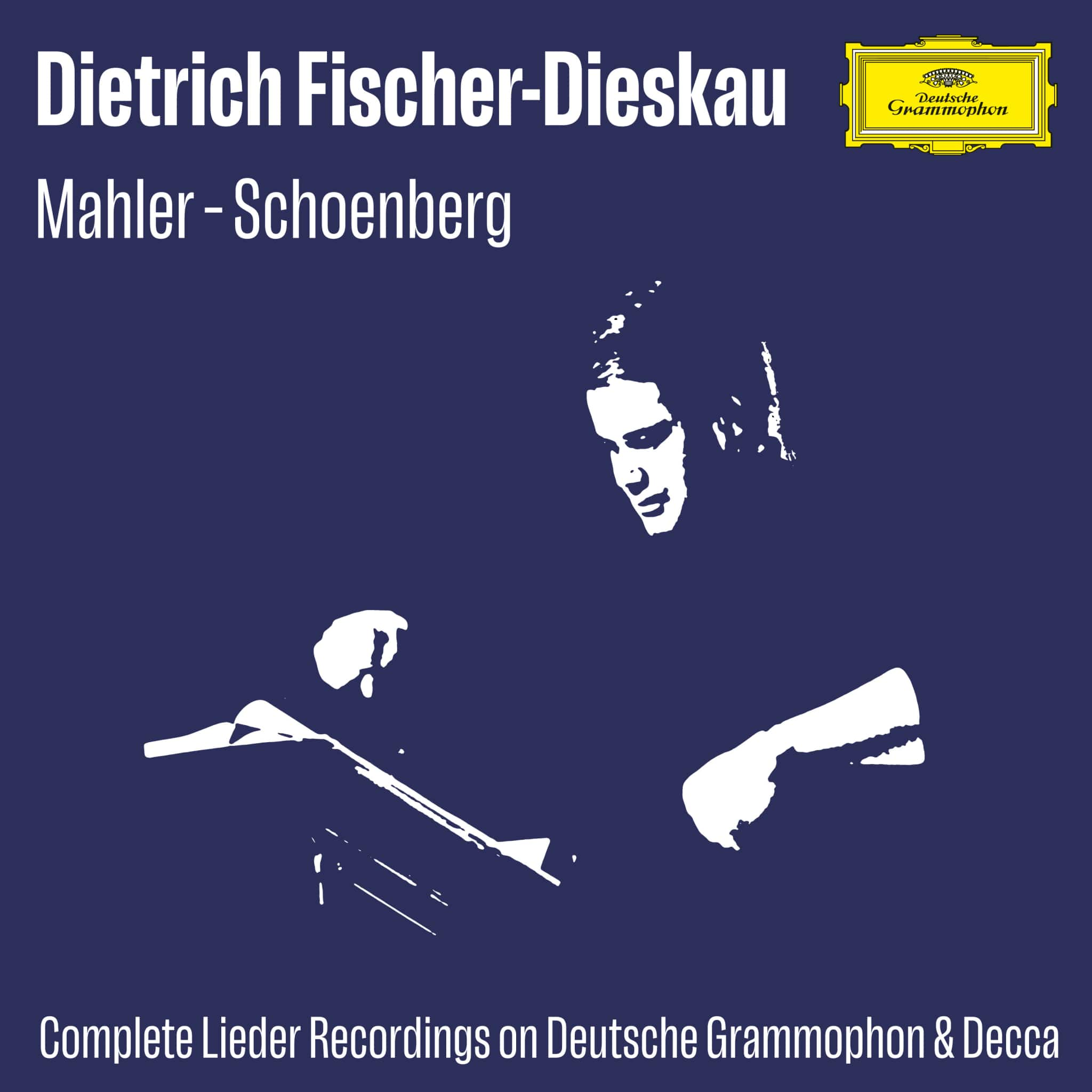Albums
Appears On
AboutHans Pfitzner

The German composer Hans Pfitzner first became famous in Central European music as part of the generation of late-Romantic composers that included Mahler and Strauss. Later, his outspoken and sometimes acerbic artistic and social conservatism would see him praised by some and derided by others. Trained in Frankfurt, he held conducting and teaching posts across Germany before securing a post as director of the conservatory (1908) and opera (1910) in Strasbourg (then under German rule). His early operas Der arme Heinrich (1895) and Die Rose vom Liebesgarten (1901) won him considerable acclaim, with the latter being championed by Mahler in Vienna, and with Palestrina (1917) he achieved the greatest success of his career.
His Violin Concerto (1923) was also widely performed, although by this time Pfitzner, embittered by the First World War and a series of personal tragedies, was increasingly viewed as a problematic and even reactionary figure. His ambiguous relationship with the Nazi regime further tarnished his reputation, although works such as his Eichendorff cantata Von Deutscher Seele (1921) and his Symphony in C major (1940) found champions as varied as Furtwängler and Eugen Jochum. But Palestrina endures as his masterpiece, performed and admired even beyond the German-speaking world as a landmark of post-Wagnerian opera.

